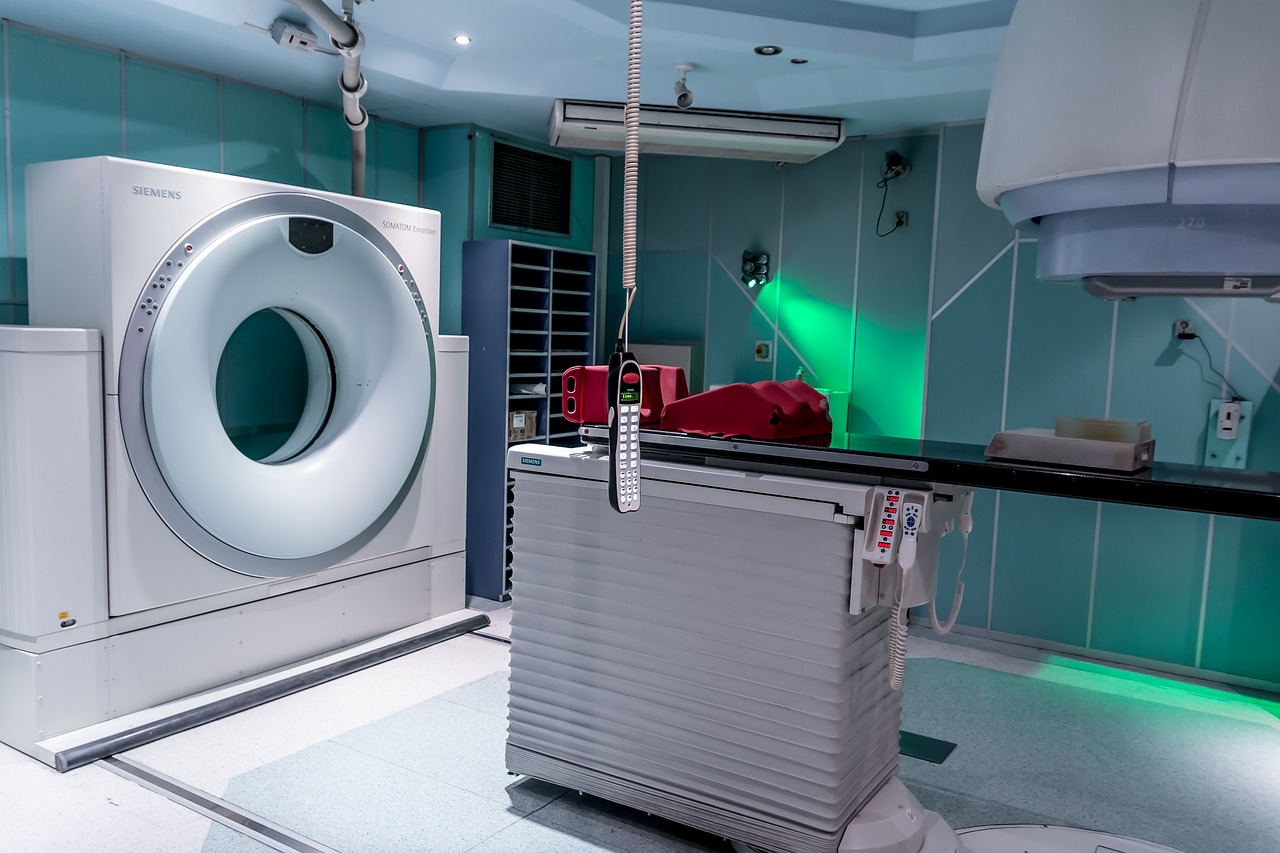
Most recently, obesity was identified as a major risk factor during the COVID pandemic.Continue reading

A radiation molecule that can significantly increase cancer patients’ chances of survival could soon be used in treatment, while a software under development to guide radiation oncology could help ensure patients are treated within hours of diagnosis. One of the world’s leading healthcare technology companies, GE HealthCare, is buying knowledge from the University of Debrecen, Világgazdaság reports.
The University of Debrecen (DE) has already been working with GE on a variety of projects for ten years, but with Intelligent Surgation Therapy this collaboration goes one step further. The company is buying knowledge from the university that it intends to use all over the world – from India to the United States. As a result, the Hungarian institution will generate revenues of between USD 10-12,000 and USD 100-120,000 in each area, with the money being used entirely in the areas where it is generated, Zoltán Bács, the chancellor of DE, highlighted.
Rector Zoltán Szilvássy said that
one of the most important advantages of Intelligent Surgation Therapy is that it enables and ensures the convergence of all radio-oncological diagnoses – PET, MRI, CT – and therapies, so that all patients receive the highest level of treatment.
Another major advance is that the collaboration will soon introduce a radiation molecule into therapy that could not be discovered with other technologies and whose use will significantly improve patients’ chances of recovery.
With the incidence of cancer on the rise worldwide, oncology product development is a top priority for GE HealthCare, leveraging hundreds of millions of dollars of its annual research and development (R&D) budget of well over a billion dollars. With the majority of cancer patients receiving radiation therapy, oncology development is particularly important. The new software is also used in this area, but its speed and accuracy is due to the fact that it can process software data from the two other areas of oncotherapy on a single platform, in addition to radiation oncology.
Processing this data together can significantly speed up diagnosis and the decision as to whether a patient should receive radiotherapy, surgery, or chemotherapy and to what extent.
With this information, treatment can be started immediately, which is important because a tumor can grow in the time between the discovery of the disease and the start of treatment, which could lead to fatal consequences in a few months or even weeks. “That is why we want to reduce this time to a few hours in a joint development phase with the University of Debrecen,” underlined Ben Newton, Global Head of Oncology at GE Healthcare.

University of Debrecen. Photo via Wikipedia
The software was developed by GE HealthCare Hungary together with the team of Árpád Kovács, the clinical director of the University of Debrecen, and will be further developed based on the world-class equipment of DE. The Hungarian company is GE HealthCare’s largest and most significant artificial intelligence-based innovation unit in the world, employing 400 engineers and spending millions of dollars on research and development every year.
The new radiation oncology guidance software, which is currently being tested and further developed, has the unique advantage of automating processes and enabling fast and accurate diagnosis and treatment planning when specialist staff are otherwise unavailable.
It can help reduce healthcare costs, improve efficiency and significantly increase patients’ chances of survival,
emphasized Lehel Ferenczi, Senior Director of Data and Analytics at GE HealthCare Hungary.
Via Világgazdaság; Featured image via Pixabay